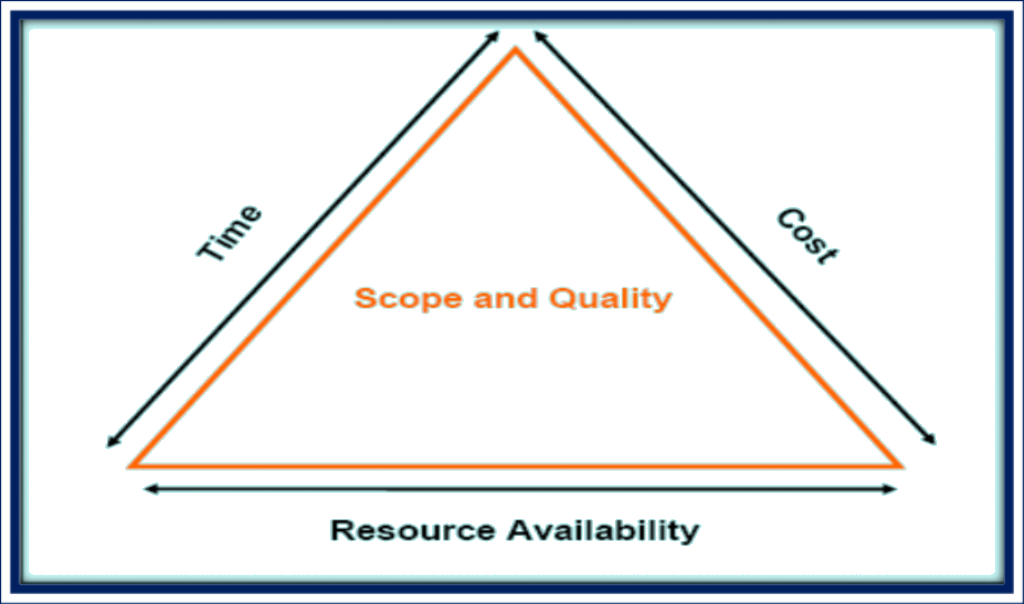Overview
To accomplish a successful project it is essential that organizations are fully equipped with the right tools, working practices, frameworks, processes and that their employees possess the ability to organize, plan, delegate, analyze, motivate, monitor and control resources and so that projects can be clearly defined, realistically planned and effectively managed. Nowadays, proven and universal fundamentals of up to date project management methodology is needed to achieve the best results.

For this reason, the Fundamentals of Project Management workshop has the goal to qualify participants with a solid knowledge of Project Management, which includes the Right Business Terminology, Project Graphs, Key Concepts and Methodologies.
In this workshop, the attendants will get a guidance focused on Project Management, and will be taught to put into practice essential PM methods, tools, and techniques.
Finally, they will know how to choose their projects, what kind of tools to use for which objective, because the course covers the pragmatic skills and techniques necessary for effective project delivery in any area of business.
Objectives
The main challenge of Project Management is to achieve all of the project goals and objectives while fulfilling the preconceived constraints. This workshop will provide participants with the necessary guidelines, tools and techniques, helping them to successfullyunderstand what a Project is and the classification of Projects, the Project Lifecycle, the influence of good Project Management, the planning of schedule and budget, Project selection, key deliverables (Project Charter, Project Plan, Progress Report, Change Requests, Stakeholders analysis) etc. The course focuses on the understanding of the triple constraint: Scope, Time and Cost. Furthermore, HR and Communications Management skills and tools are defined which help to establish a know-how framework for satisfying all stakeholders in the project.
Who should attend?
All professionals who play a role in the practical, comprehensive and widespread introduction to the different aspects and elements of Projects and Project Management, including:
- Executives
- Managers
- Self-taught Project Managers
- Group leaders
- Project Team members
- Young Professionals
- Project Administrators
Learning outcomes
Participants will be able to:
- Identify and understand Project elements and the importance of Project Management
- Understand the role of the Project Manager
- Understand the tools and techniques necessary to organize the objectives of a Project
- Know if the Project meets the objectives and how to decide if it really meets them- key selection criteria and questions before making the final delivery
- Develop their own Project Charter and understand the Project Lifecycle
- Organize and prioritize the objectives and function of Project Management
- Understand the primary constraints: Scope, Time, Quality and Budget
- Monitor project activities and effectively assess progress
- Report status and performance efficiently and effectively
Workshop structure
Module one – Foundations of Project Management
- Basic Concepts
- The triple constraint, Project Lifecycle and Stakeholders
- Project Success and Project Failure
- Organizational Structure
- Classification of Projects
- Different approaches for Project Management
- The Role of the Project Manager
- Project Selection
- PMI approach
Module two – Integration Management
- Project Integration Management
- Project Charter
- Develop, Execute and Control Project Plan
- Integrated Change Control
- Close Project
Module three – Scope Management
- Project Scope Management
- Scope Definition
- Work Breakdown Structure
Module four – Time Management
- Project Time Management
- Defining and Sequencing Activities
- Estimating Activity Duration
- Developing the Schedule
- Schedule Control
Module five – Cost Management
- Estimating Costs
- Determining Budget
- Controlling Costs
Module six – Quality Management
- Quality Management
- Quality Plan
- Quality Assurance
- Quality Control
Module seven – Human Resource Management
- Planning for Human Resources
- Staff Acquisition
- Team Development
Module eight – Communications Management
- Concepts of Communications
- Planning Communications
- Reporting Performance
Module nine – Risk Management
- Concepts of Risk
- Identifying Risks
- Analizing and Mitigating Risks
- Monitor and Controlling Risks
Module ten – Procurement Management
- The Procurement Life Cycle
- Contracts
- Planning Procurements
- Evaluation and Selection of Sellers
- Seller Contracting
- Seller Management
Module eleven – Stakeholder Management
- Identifying Stakeholders
- Planning Stakeholder Management
- Managing Stakeholder Engagement
- Controlling Stakeholder Engagement

